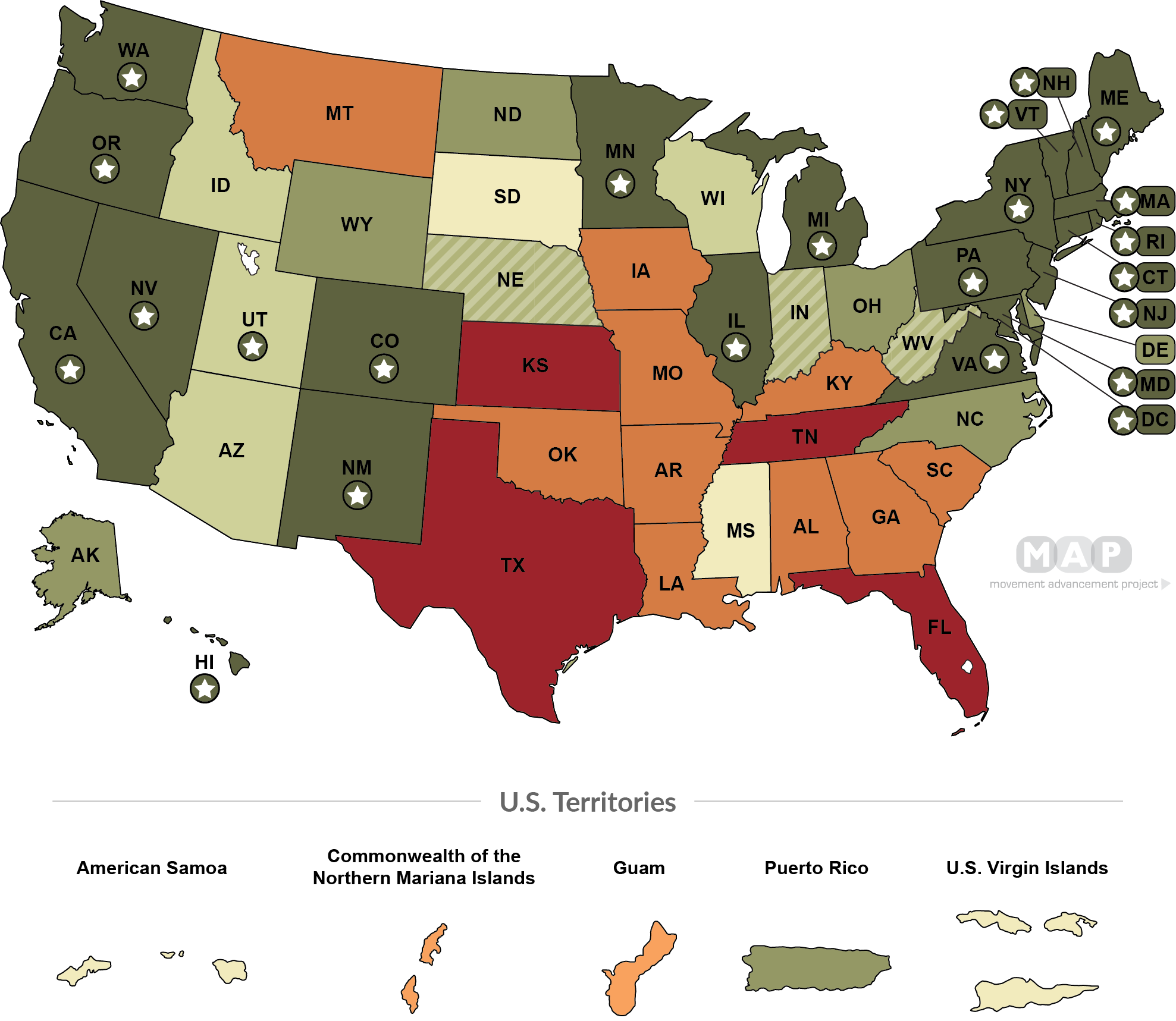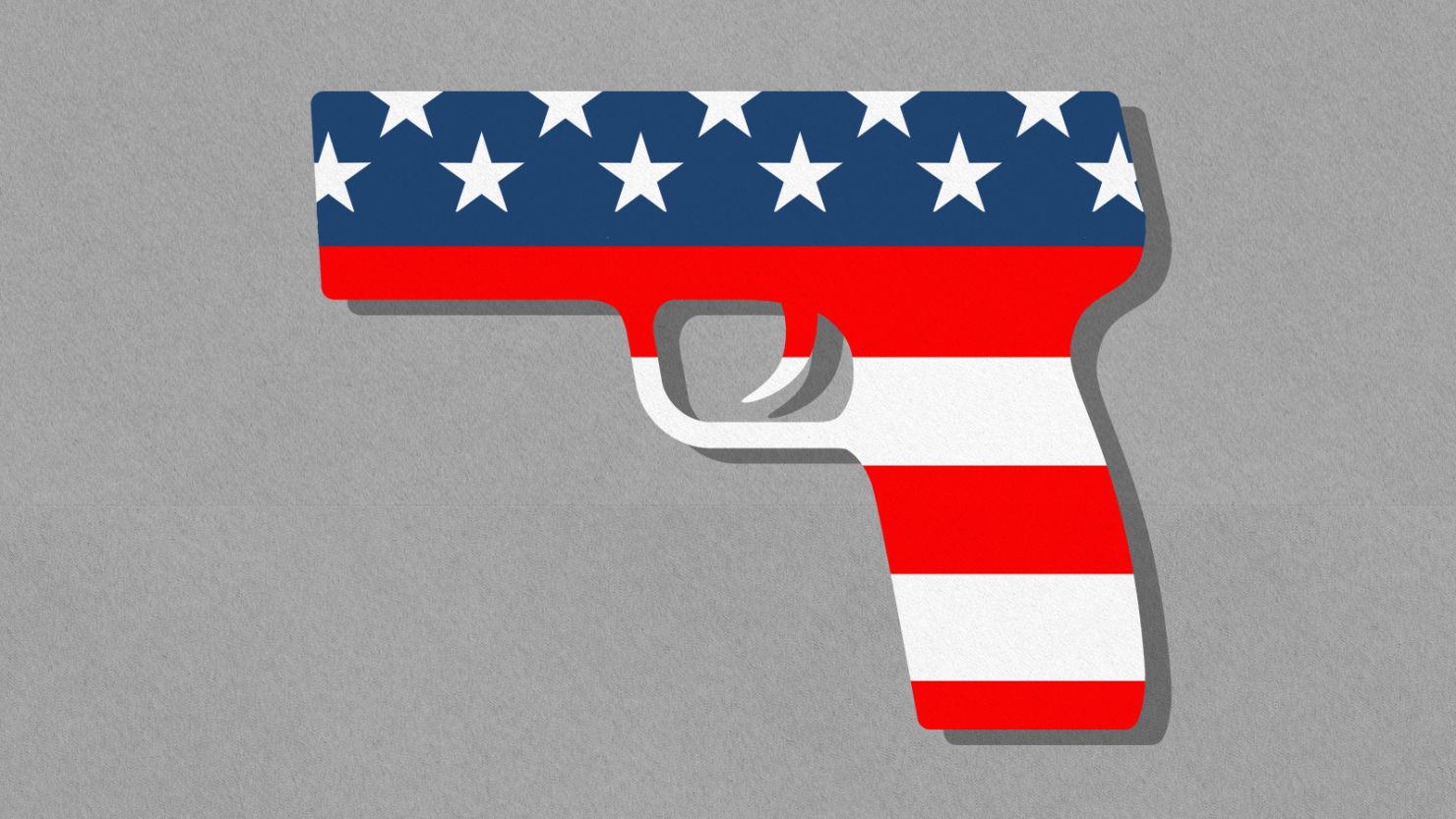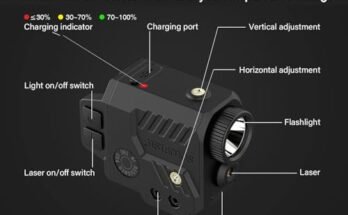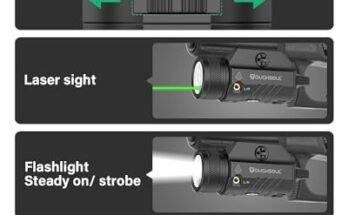Are you wondering if pistol safes are legal where you live? If you own a firearm or plan to get one, knowing the laws about storing your pistol safely is crucial.
The rules can be confusing because they change from state to state. You don’t want to risk breaking the law or putting your family in danger. You’ll discover exactly what you need to know about pistol safe laws in different states.
Keep reading to protect yourself, your loved ones, and your rights.
.jpg?sfvrsn=9589c5b4_1)
Pistol Safe Laws By State
Pistol safe laws vary across the United States. Each state sets its own rules about how guns must be stored. Knowing these laws helps gun owners stay legal and safe. Some states require strict storage rules. Others only suggest safe storage. A few have no specific laws about pistol safes. Understanding these differences is important for all gun owners.
States With Mandatory Safe Storage
Several states require gun owners to store pistols securely. These laws often apply if children live in the home. States like California, Massachusetts, and New York have strict rules. Owners must use locked safes or similar devices. Failing to comply can lead to fines or criminal charges. These laws protect children and prevent theft. They promote responsible gun ownership by enforcing safe storage.
States With Recommended Safe Storage
Some states encourage but do not require safe storage. They suggest using pistol safes to keep guns away from kids and thieves. States like Texas, Florida, and Ohio fall in this group. These states provide guidelines but do not impose penalties. Gun owners are urged to follow best practices. Safe storage helps reduce accidents and unauthorized use. Recommendations promote safety without strict legal demands.
States Without Specific Safe Storage Laws
A few states do not have clear laws about pistol safe storage. In states like Arizona and Alaska, storage rules are minimal or missing. Gun owners face no legal requirement to use safes. Still, many choose to store guns safely. Personal responsibility plays a big role in these states. Using a pistol safe remains a smart choice for security. Safety matters even if the law does not require it.
Federal Regulations Impacting Pistol Safes
Federal regulations shape how pistol safes are used across the United States. These rules set standards for safe storage and affect the transfer of firearms between states. Knowing these laws helps gun owners follow the rules and keep firearms secure.
Federal Safe Storage Requirements
The federal government requires gun owners to store firearms safely to prevent accidents. Laws focus on using secure locks or safes to keep guns away from children and unauthorized users. These rules do not specify one type of safe but stress the importance of preventing access.
Some federal laws require gun dealers to use safes or lockboxes when selling firearms. These measures aim to reduce theft and misuse. Gun owners must also follow any specific safe storage laws that apply in their state.
Impact On Interstate Firearm Transfers
Federal law controls how firearms move between states. Transfers must go through licensed dealers to ensure background checks are done. This rule helps prevent guns from reaching illegal users.
During transfers, firearms must be stored securely until the new owner receives them. The use of pistol safes can help meet these requirements. Owners should check federal and state laws to ensure compliance during transfers.
Benefits Of Using Pistol Safes
Pistol safes offer many important benefits for gun owners. They provide secure storage that protects your firearm from accidents and theft. Using a pistol safe helps keep your gun away from people who should not handle it. It also brings peace of mind, knowing your weapon is stored safely and responsibly.
Preventing Unauthorized Access
Pistol safes block access to your gun by anyone without permission. This stops strangers or visitors from getting hold of your firearm. Locking your pistol in a safe reduces the risk of misuse or accidents. It ensures only you or trusted people can use the gun.
Child Safety Considerations
Children are naturally curious and may find a gun if it is left out. A pistol safe keeps your firearm out of their reach. It lowers the chance of accidental shootings in your home. Safes with child-proof locks add an extra layer of protection for families.
Theft Deterrence
Thieves target homes with easily accessible guns. A pistol safe makes stealing your firearm harder and less attractive. It acts as a physical barrier and slows down intruders. Secure storage reduces the risk of your gun being stolen and used unlawfully.

Types Of Pistol Safes And Features
Pistol safes come in different types, each with unique features. Choosing the right safe depends on your needs and preferences. Some safes offer quick access, while others focus on strong security. Understanding these types helps you pick the best safe for your pistol.
Biometric Safes
Biometric safes use fingerprint scans to open. They provide fast access only to authorized users. These safes are helpful in emergencies. They often include backup keys or codes. Biometric safes offer a modern and secure way to store pistols.
Electronic Keypad Safes
Electronic keypad safes open with a code. You enter a number combination to unlock. These safes allow code changes for added security. They are easy to use and reliable. Many models include features like time delay locks.
Mechanical Lock Safes
Mechanical lock safes use traditional keys or dials. They do not need batteries or electricity. This makes them reliable in any situation. Mechanical safes have simple designs and strong locks. They are a classic choice for pistol storage.
Legal Risks Of Improper Pistol Storage
Storing pistols safely is not just smart—it is often required by law. Improper pistol storage can lead to serious legal troubles. Laws differ across states, but many have strict rules to prevent accidents and unauthorized access. Ignoring these rules increases the risk of criminal charges and lawsuits.
Criminal Liability
Failing to store a pistol properly can result in criminal charges. Some states punish gun owners if children or unauthorized people access their firearms. Charges may include fines, probation, or even jail time. Courts take these cases seriously to protect public safety.
Improper storage may also lead to charges if the gun is used in a crime. Law enforcement may hold the owner responsible for negligence. This can happen even if the owner did not directly commit the crime.
Civil Consequences
Poor pistol storage can cause civil lawsuits. Victims of accidents or crimes involving the gun may sue the owner. Courts may require owners to pay damages for injuries or losses. This can include medical bills, pain, and suffering.
Civil liability can be costly and harm the owner’s reputation. Safe storage reduces the risk of these financial and legal problems.

Tips For Choosing A Compliant Pistol Safe
Choosing a pistol safe that follows the law is very important. Laws vary by state and sometimes by city. A safe that works in one place might not be legal in another. Picking the right safe protects your gun and keeps you out of trouble. Here are key tips to help you choose a safe that meets legal rules and keeps your pistol secure.
Checking State And Local Laws
Start by learning your state’s rules about pistol safes. Some places require safes to have specific locks or features. Local laws might add extra rules. Visit official websites or call local authorities for clear information. Follow these rules to avoid fines or legal issues.
Evaluating Safe Certifications
Look for safes with recognized certifications. These show the safe meets safety and security standards. Common certifications come from Underwriters Laboratories (UL) or other testing groups. Certified safes offer better protection and help meet legal requirements.
Considering Accessibility And Security
Balance quick access with strong security. A good safe lets you open it fast in emergencies. At the same time, it stops unauthorized users from opening it. Choose safes with reliable locks like biometric or combination locks. Make sure the safe is sturdy and hard to move.
Frequently Asked Questions
Are Pistol Safes Legal In Every U.s. State?
Pistol safes are legal in most U. S. states but laws vary. Some states have specific regulations on storage requirements. Always check your state’s firearm storage laws to ensure compliance and avoid penalties.
Do Any States Require Pistol Safes By Law?
Yes, a few states mandate secure storage of firearms, including pistol safes. These laws aim to prevent unauthorized access, especially by children. Requirements differ, so verify your local laws for specific safe standards and usage.
Can Owning A Pistol Safe Protect Me Legally?
Using a pistol safe can demonstrate responsible gun ownership. It may reduce legal liability if unauthorized access occurs. While it doesn’t guarantee full protection, it supports compliance with safe storage laws and enhances home safety.
Are There Federal Laws Regulating Pistol Safes?
Federal law does not specifically regulate pistol safes. However, general firearm storage laws and child access prevention laws may apply. Compliance with state laws remains essential since they often have stricter requirements.
Conclusion
Pistol safes laws vary across different states in the U. S. Each state has its own rules on owning and using them. Always check local laws before buying a pistol safe. Safe storage helps prevent accidents and theft. Staying informed keeps you and others safe.
Choose a pistol safe that fits your state’s legal requirements. Remember, safety first, no matter where you live.


